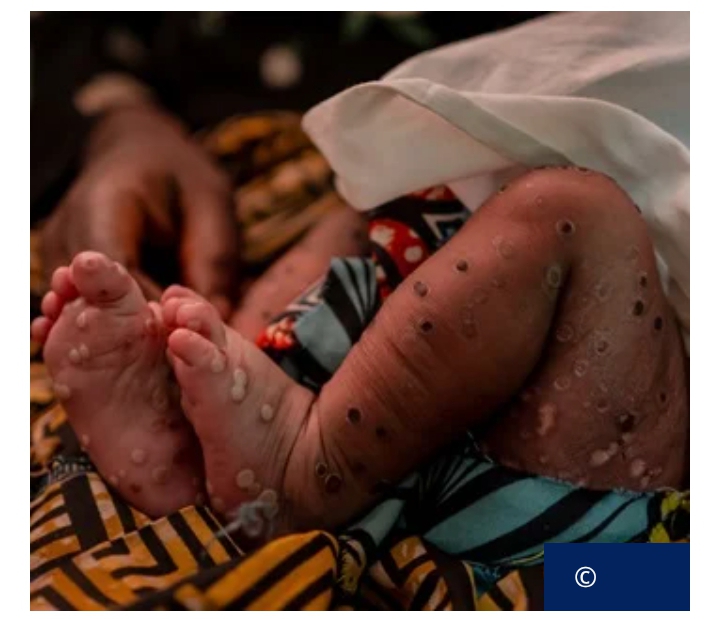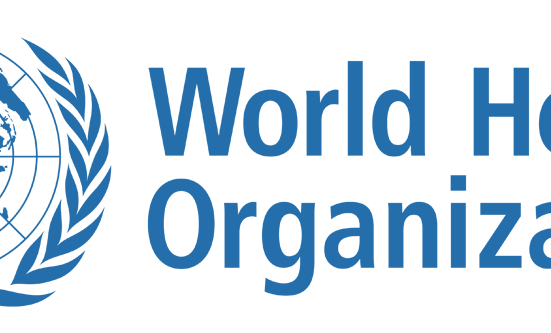In response to the continued spread of mpox across the African continent and beyond, the Africa Centres for Disease Control and Prevention (Africa CDC) in collaboration with the World Health Organisation (WHO) has unveiled an updated Continental Response Plan aimed at reinforcing efforts to control the outbreak and improve long-term management of the disease.
This revised strategy comes at a critical time as mpox, a viral disease known for its painful skin lesions and flu-like symptoms, continues to surface in new regions. The illness, which spreads mainly through close personal contact, has prompted health authorities to bolster their emergency response mechanisms to contain its transmission and impact.
According to the WHO, mpox causes painful skin and mucosal lesions and is often accompanied by symptoms such as fever, headache, muscle aches, fatigue, swollen lymph nodes, and back pain. Beyond its physical toll, the disease can be severely debilitating and disfiguring, significantly affecting quality of life and public health systems in affected regions.
The Africa CDC had earlier declared mpox a Public Health Emergency of Continental Security in light of the escalating spread within the continent, particularly in the Democratic Republic of the Congo (DRC), which remains the epicentre of the outbreak. Similarly, the WHO declared it a Public Health Emergency of International Concern in August 2024, underscoring the need for intensified global coordination.
Since these declarations, both organisations have rallied support from international partners, focusing heavily on affected areas like the DRC. The updated response strategy, jointly released on Thursday via WHO’s official platform, builds on the original Mpox Continental Response Plan which was anchored on ten strategic pillars. These pillars include outbreak coordination, disease surveillance, laboratory diagnostics, clinical care, vaccination, infection prevention and control, community engagement, logistics, research, and sustaining essential health services.
However, the revised plan goes a step further, not only aiming to curtail current outbreaks but also proposing a gradual integration of mpox response into routine health services across Africa. The overarching goal is to shift from emergency response to a more sustainable, long-term public health strategy that strengthens overall health system resilience.
As at the first two months of 2025, mpox cases have been reported in 60 countries, with Africa accounting for the majority of infections and fatalities. The joint Continental Response Plan has now been aligned with WHO’s updated global strategy, which seeks to reduce – and where possible, halt – human-to-human transmission of the virus altogether.
Both Africa CDC and WHO reaffirmed their commitment to working closely with national governments, local communities, and relevant partners to stem the tide of the disease. The emphasis remains on curbing current transmission, improving vaccination coverage, and investing in healthcare infrastructure to ensure preparedness for future outbreaks.
This renewed effort signals a significant shift toward a more integrated and resilient approach to public health emergencies, ensuring that Africa is better positioned not only to manage mpox but also other emerging health threats.







